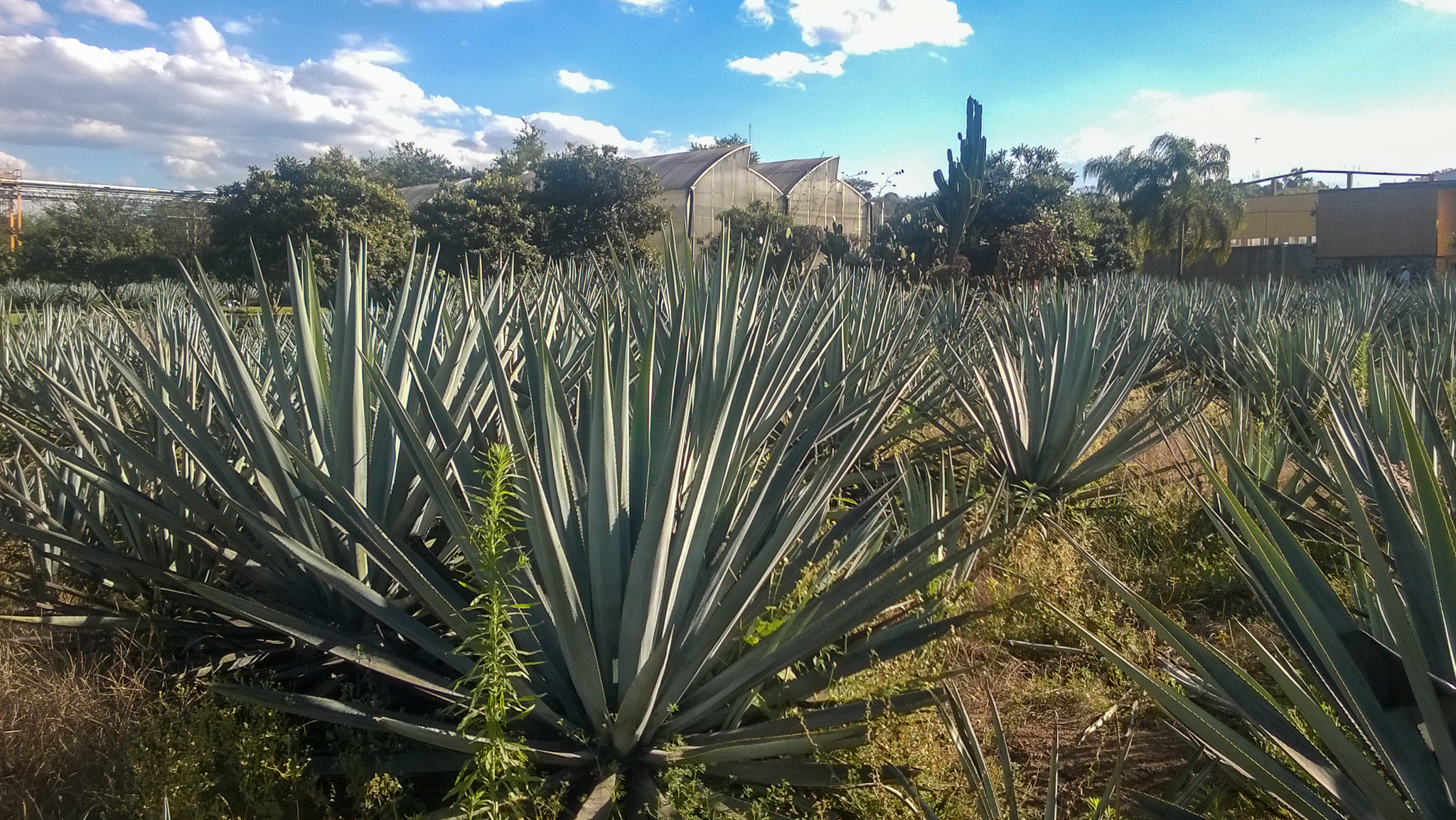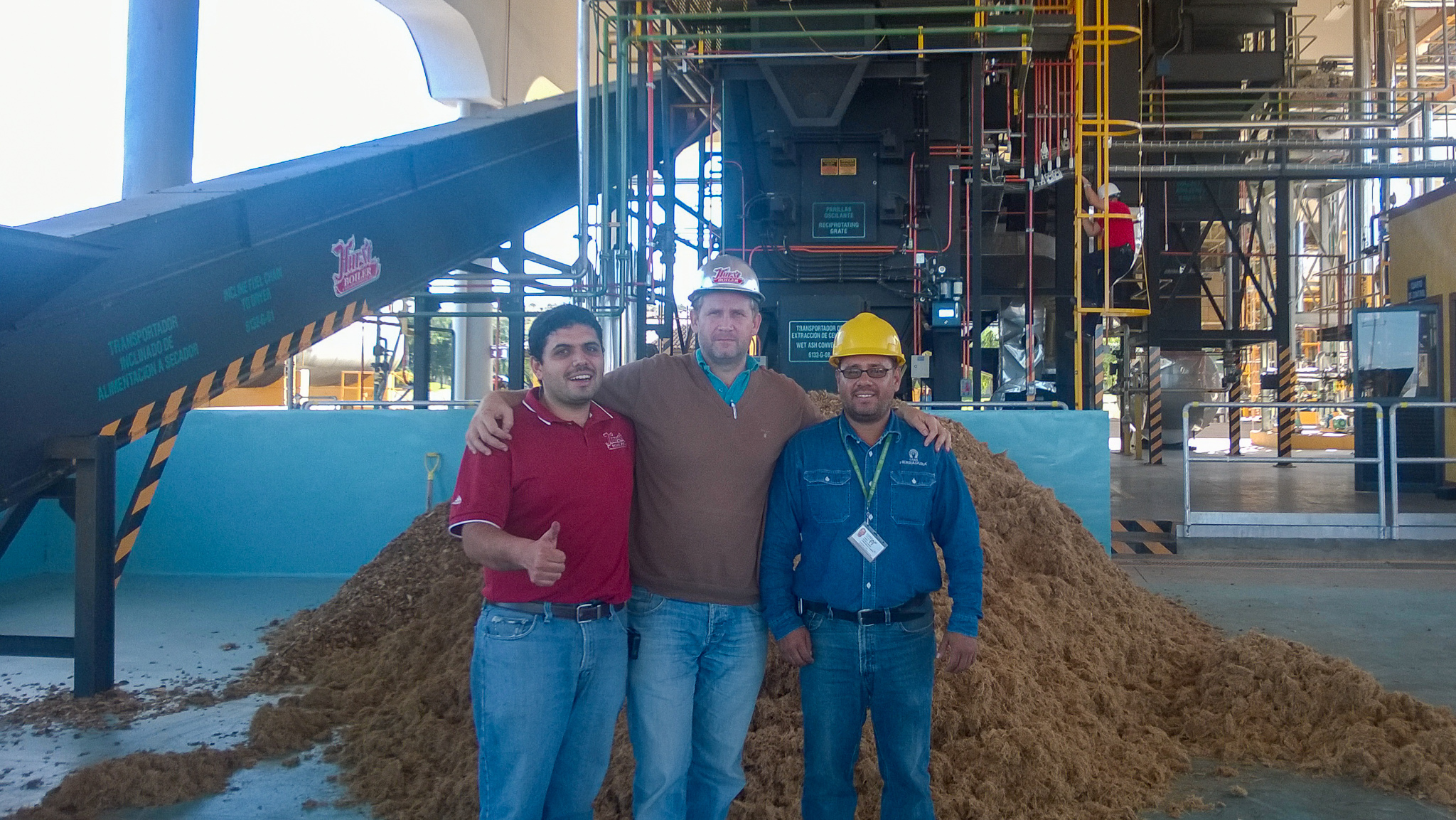Hurst Boiler | July 30, 2022
In the Mexican town of Tequila, which is surrounded by agave plants, the process of manufacturing tequila is a long-honored tradition.
Casa Herradura is a 140-year-old company manufacturing Mexico’s most historic and renowned tequila and still operating on the premises of its original 19th-century Hacienda in Amatitán, Jalisco.

Patrón Tequila is probably best known for being the world’s number one ultra-premium tequila. Herradura has built a strong following in the spirits industry for their products, but what is not as well known are the efforts Herradura and Patrón have put into sustainable manufacturing.
The blue agave cactus fields near the town are a World Heritage site, and Mexican law states that tequila can only be produced within these limited regions. Mexico also has an exclusive claim and international right to use the word “tequila” as the name for the distilled blue agave spirits they produce here. Agave fields in Mexico are rapidly diminishing due to pollution, lack of water, and other factors. Forward-thinking companies are now beginning to take note of the importance of sustainability factors in tequila manufacturing. One such company is Casa Herradura. They have been working on making several aspects of their production as eco-friendly as possible.
Patrón has installed Mexico’s first reverse osmosis plant. The new process reduces 70% of the sewage waste generated in their manufacturing process. The liquid waste generates recycled water that is used for the facilities’ cooling towers, cleaning, and irrigating the Hacienda’s gardens.
In 2007, the company built a multi-million dollar wastewater treatment plant to treat 100 percent of the water utilized in the production process. The production of tequila is very water intensive – for every gallon of tequila, there are 18 gallons of liquid waste. This waste is so acidic that when released without treatment, it makes the soil unfit for farming. In 2010, the company installed a second treatment plant which was used to treat all water for their total facilities. The filtered, treated water is now reused for irrigation of the agave plants and lawns, thereby reducing overall water use for the company.
Working in cooperation with Hurst Boiler and Calderas y Proyectos Ochoa S.A., the Hurst distributor for Mexico, Herradura began implementing a series of long-term sustainability projects.
Together they installed a waste-to-energy process that fuels a Hurst Hybrid Biomass Steam Boiler with either the biogas generated via a biological anaerobic reactor as part of the wastewater treatment plant or by burning the organic agave waste produced via their production process. Through combustion of that material, the boiler generates high temperatures that turn water into steam for the distiller's industrial process or energy co-generation. This innovative hybrid biomass boiler technology was developed in the USA by Hurst Boiler and Welding Co., Inc., and is also capable of remote monitoring of the system 24hr/day from the Hurst plant in Coolidge, Georgia.
Along with the boiler, Hurst and Ochoa installed two Oilon Burners capable of burning #6 and #2 oil, as well as the organic biogas. This system now provides 12 percent of the energy utilized in the tequila production process. The 800 HP Hurst Hybrid Boiler was custom engineered and designed for the Herradura manufacturing and disposal process. The unique boiler equipment configuration incorporates a grinder, dryer, and material conveyor, allowing them to seamlessly convert 81,000 tons of agave bagasse into process steam and more than 27,000 tons of compost, which can also be used in the agave fields and neighboring nurseries.

Casa Herradura has become a model in advancing clean energy manufacturing to ensure that the agave bagasse and process waste material generated during the agriculture and production process is separated, utilized, and recycled. Best of all, Herradura has realized fuel savings of up to 70% by switching to biogas/biomass fuels and has met its projected ROI of 13 MONTHS.
Hurst’s Biomass systems can reduce or even eliminate production energy costs and the need for expensive fossil fuels, such as diesel, gas, and heavy oil.